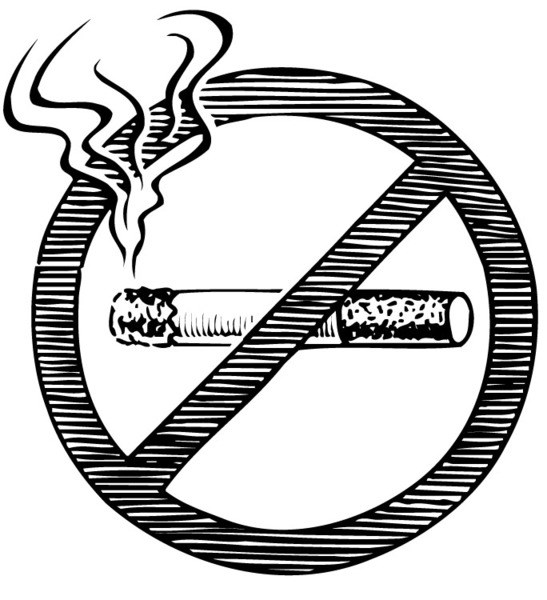Jan. 19 - 25 is National Non-Smoking Week, with Wednesday, Jan. 22 set aside as Weedless Wednesday.
Residents of Prairie North Health Region are encouraged to consider the reason why Jan. 22 has been chosen as Weedless Wednesday in Canada. For those who have been thinking about trying to quit using tobacco, Weedless Wednesday is a good reminder to make an attempt.
Anne Duriez of PNHR's Population Health Unit explains that for many tobacco users, the idea of quitting smoking or stopping the use of chewing tobacco is pretty overwhelming. People struggle to know how to start the quitting process.
"The idea behind Weedless Wednesday is that if a tobacco user can go for 24 hours without smoking or chewing, then maybe he or she can go another day," says Duriez. "It's the one-day-at-a-time approach to quitting permanently."
Because relapse is a recognized part of the quitting process, even if the individual cannot quit this time, the person will learn something about the process that will help in the next attempt to quit tobacco.
Weedless Wednesday also provides a handy target date to begin the quitting process.
Duriez states, "Having a target date for attempting to quit, even for 24 hours, can be a first step to a tobacco-free future. Why not make your quit-tobacco target date Weedless Wednesday, Jan. 22, 2014?"
According to the Statistics Canada Health Indicator Profile, nearly 24 per cent of Saskatchewan people smoke. The number of Alberta residents who smoke is just under 22 per cent. In Alberta, smoking rates remain highest among 20-24-year-olds, at 24 per cent. Smoking is responsible for more deaths each year than any other drug or alcohol abuse, or than motor vehicle accidents, AIDS, murder, and suicide all combined. Smoking is also highly addictive and quitting smoking is very difficult even when one knows about the frightening health consequences, and wishes he or she could quit.
The staff of Prairie North's Population Health Promotion Unit says quitting smoking or other tobacco use brings health benefits at any age. The risk of death from smoking-related illnesses for former smokers who have not smoked for 10 to 15 years is similar to the health risks for people who have never smoked.
"Our bodies do kind of forgive us when we quit using tobacco," Duriez states.
If you would like support to quit smoking, talk to your pharmacist, doctor, nurse practitioner, or to addiction services staff about medications or strategies to quit using tobacco. You can also call the Smoker's Helpline at 1-877-523-5333 or go to www.smokershelpline.ca.


.png;w=120;h=80;mode=crop)

